Throughout their years of collaboration, Samsung Art Store and Tate have worked together to make art more accessible to consumers worldwide. As a result, users of The Frame can put works from Tate’s extensive collection on display within their own homes. The two have worked together since 2018 to leverage the Art Store platform to bring culture into the homes of users around the world, and to enrich users’ lives.
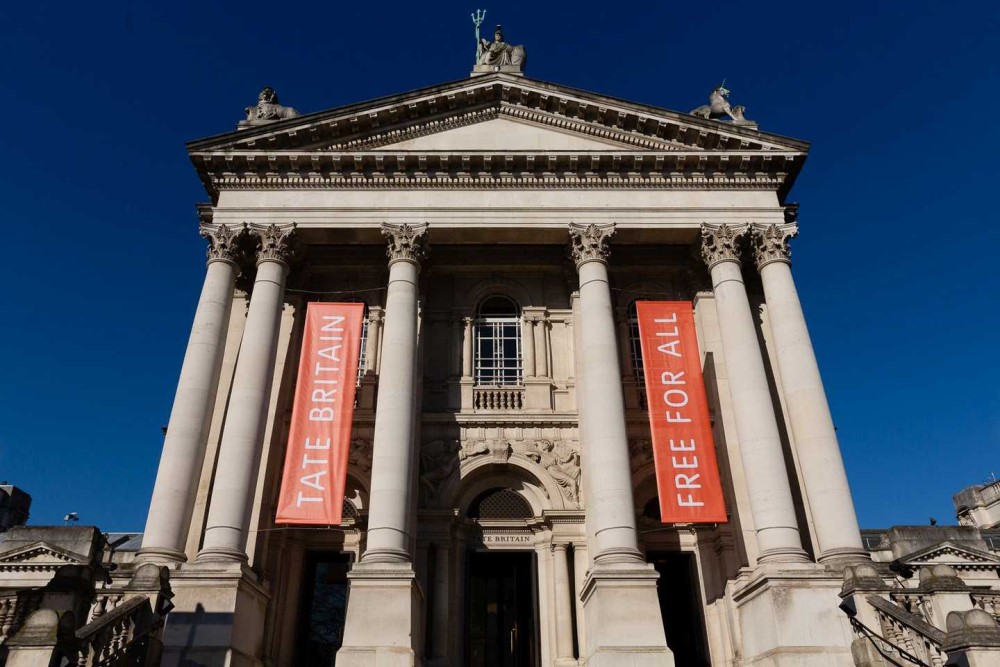
▲ Tate Britain
Samsung Newsroom sat down with Rosey Blackmore, Licensing and Merchandise Director at Tate, to discuss technology’s impact on our art experiences and on art accessibility, among other topics. Read on to find out more.
Years of Collaboration Bringing Art Into the Home
Q: Tell us a bit about your role at Tate and your experience working with Samsung Art Store.
I’m responsible for our licensing and merchandise at Tate, where our team creates and licenses products featuring art from Tate’s collection. Our gallery spaces are free to visit, and all income that we generate helps make that possible, so it’s a very satisfying role.
We’ve been really delighted to work with Samsung on their Art Store. Our mission at Tate is to enable the public to enjoy art, so this project contributes to that. As the Art Store has grown in popularity, we have been really interested to see which images are the most viewed, and to refresh and add new art to the selection available in light of those trends we see.
Q: How are pieces from the Tate’s expansive collection chosen for The Frame?
It’s difficult, as we have so many to choose from! There are more than 80,000 works in Tate’s collection, but we try and select those that we feel people will enjoy living with, as well as some that are very familiar.
Q: Have you noticed any interesting trends over the years in what pieces users are most attracted to in Samsung’s Art Store?
Yes, we really have. For example, one of the most popular works is Arenig, North Wales by James Dickson Innes, who isn’t a very well- known artist, but this is a particularly gorgeous work of a mountain viewed from across a lake and has beautiful violet hues. So, I imagine it brings a sense of calm to those who choose to display it on The Frame.

▲ Arenig, North Wales by James Dickson Innes
Engaging a Diverse Audience Through Art
Q: What work has Tate done recently to build upon its vision to engage diverse audiences and help develop individual creative potential? Why is this part of Tate’s mission?
Engaging a more diverse audience is absolutely at the heart of the work that we are doing at Tate. It’s something that we are passionate about because it reflects our belief that art enriches lives, and that everyone has the right to that experience. For many years now, we have been ensuring that the art we collect and exhibit represents as diverse a range of backgrounds and experiences as possible. At Tate Modern, 50% of our program features art created by women, and at Tate Britain the same is true of our contemporary displays and exhibitions.
Because of our fundamental belief that art enriches lives, Tate also offers an extensive range of free family programs throughout the year, aimed at encouraging children to be creative
Q: In your opinion, how has Tate leveraged The Frame and Art Store to further support its mission for engaging an inclusive and diverse audience?
We love that Samsung’s Art Store enables more people to access our collection and broadens the number of people enjoying art. And, perhaps some will become curious about the artworks they are seeing and choose to find out more about them too. That directly supports our mission to encourage both the enjoyment and understanding of art across diverse audiences.
Q: Out of the works of art selected for the Art Store, which three would you recommend users display on The Frame?
My first suggestion of the three artworks from the Art Store would be the very beautiful Abstract Composition by Jessica Dismorr, for its subtle and calm color palette.
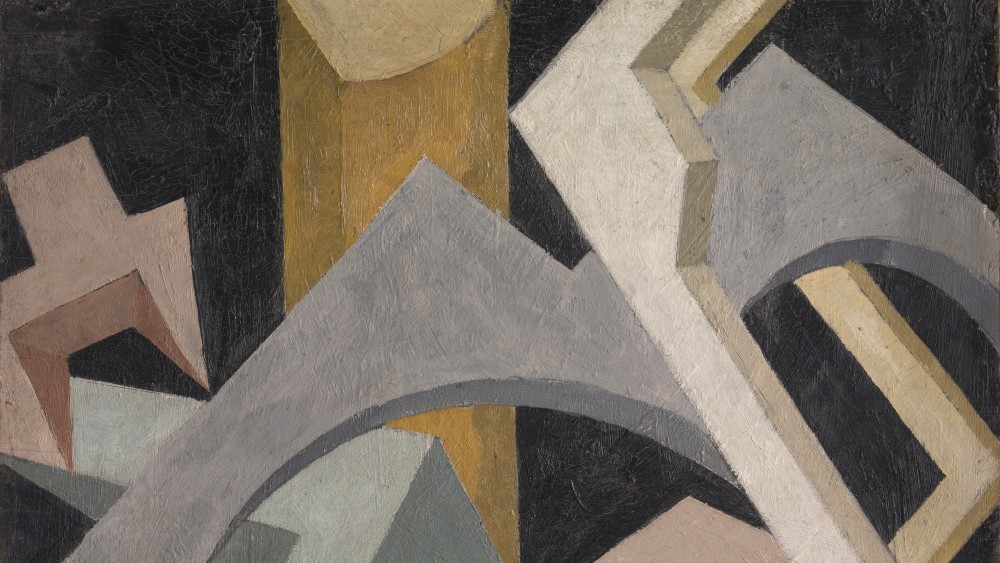
▲ Abstract Composition by Jessica Dismorr
The second would be Blue House on the Shore by Paul Nash, as it’s a wonderfully enigmatic and romantic image.
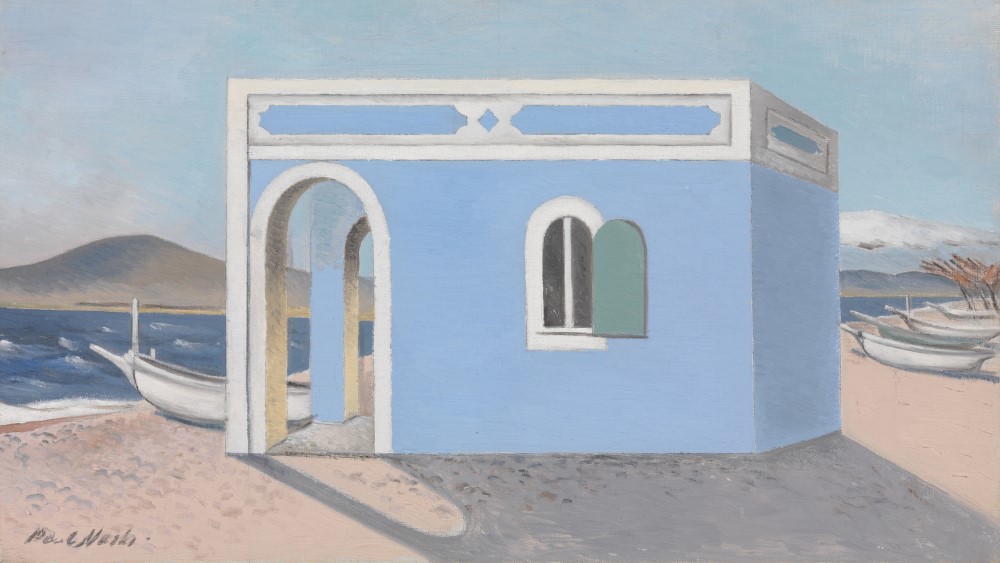
▲ Blue House on the Shore by Paul Nash
And finally, a very personal choice which is Carnation, Lily, Lily, Rose by John Singer Sargent, as this is a painting that I’ve loved since I first visited Tate as a teenager, and I still find it as extraordinary now as I did then. When you walk into the gallery where the picture hangs, the painted lanterns somehow seem to light the room, and The Frame would recreate that magical experience.
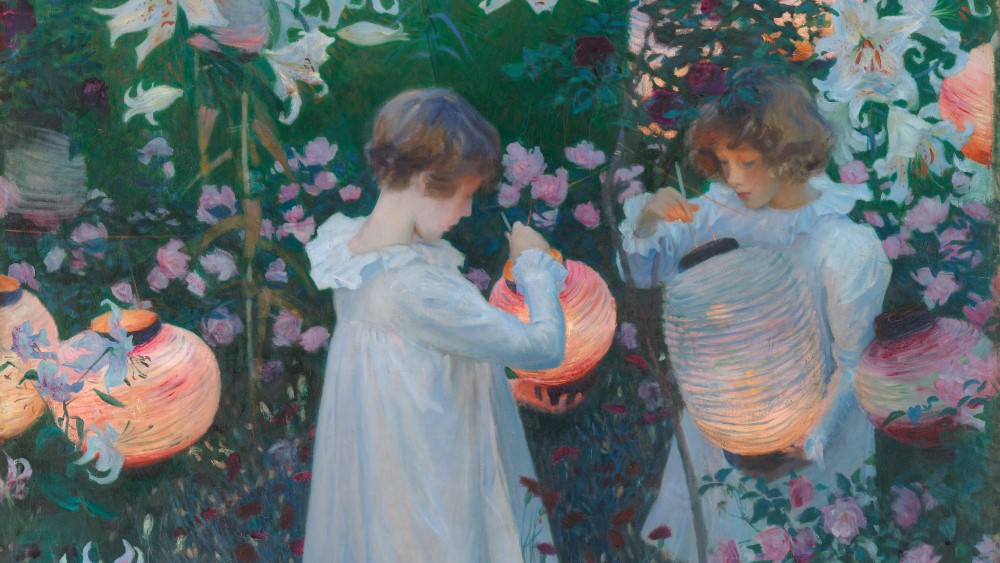
▲ Carnation, Lily, Lily, Rose by John Singer Sargent
Leveraging Technology To Enhance Human Experiences
Q: In what ways has Tate leveraged technology to provide an enhanced visitor experience at the museum?
A good example is ‘Tate Draw’ where children can use special software and screens in the galleries to create their own artworks inspired by Tate’s collection, with their finished designs projected on the walls. Technology is expanding the ways in which we can all be creative.
Q: Do you anticipate any implications that technology will have on the art world?
Technology is undoubtedly affecting all aspects of our lives, and we need to embrace it.
There’s no doubt that technological advancements will have profound effects on the way that we access and experience art. Tate is always considering how we can reduce the carbon footprint of our activities— technology may offer interesting opportunities for this in the future, such as digital experiences of art rather than shipping the original artworks.
Q: Are there any upcoming events or special activities Tate has planned that you can tell us about?
Tate’s exhibition programme always strives to offer a diverse range of content and this autumn is no exception! At Tate Britain, women are taking centre-stage with a major survey exhibition of the humorous and irreverent work of Sarah Lucas as well as a group show exploring the radical work of feminist artists working in Britain during the 1970s and 80s.
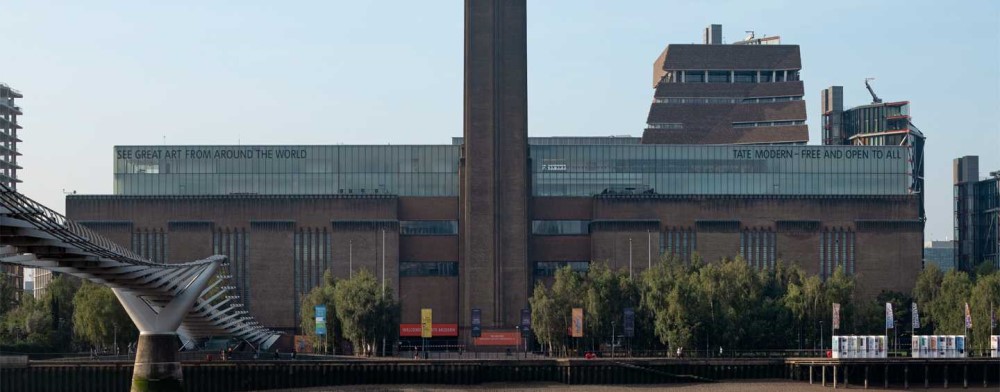
▲ Tate Modern
At Tate Modern, artists from across the African continent are a key focus, with this year’s annual new commission for the gallery’s iconic Turbine Hall being created by Ghanian artist El Anatsui. A major survey of contemporary photography by artists working across Africa and its diaspora remains on show until the new year, joined by a retrospective of Philip Guston, one of the most influential and important American painters of the 20th century.
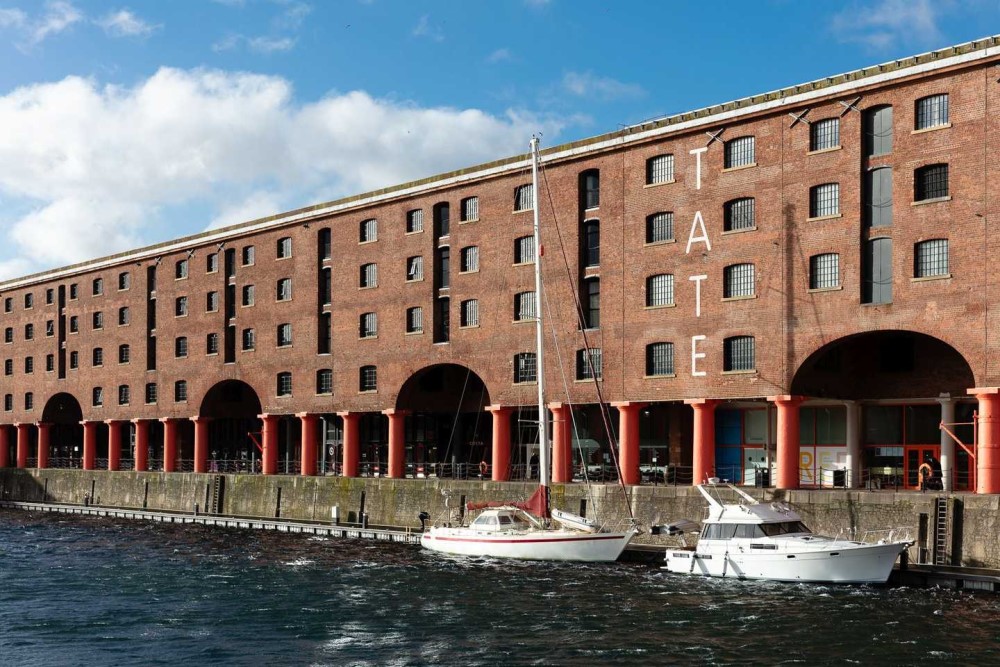
▲ Tate Liverpool
Down at Tate St Ives, visitors can continue to enjoy a revelatory group exhibition exploring the experimental paintings made by artists working in Casablanca during the 1960s and 70s, while Tate Liverpool will embark on an exciting new program in collaboration with the Royal Institute of British Architects (RIBA). The partnership will see a range of new exhibitions and events staged at RIBA’s building at Mann Island in Liverpool during the gallery’s temporary closure period for redevelopment, due to be completed in autumn 2025.
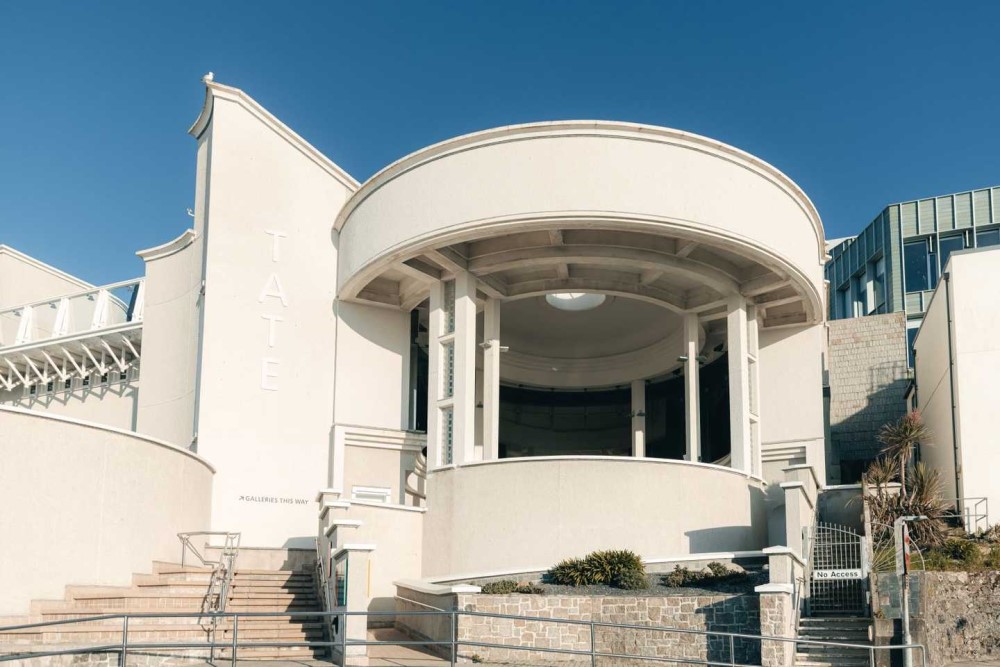
▲ Tate St. Ives
Visit Samsung Art Store in The Frame to see more of Tate’s collection.
“SΛMSUNG is a South Korean multinational electronics corporation headquartered in Yeongtong-gu, Suwon, South Korea. It is currently the pinnacle of the Samsung chaebol, accounting for 70% of the group’s revenue in 2012.”
Please visit the firm link to site


